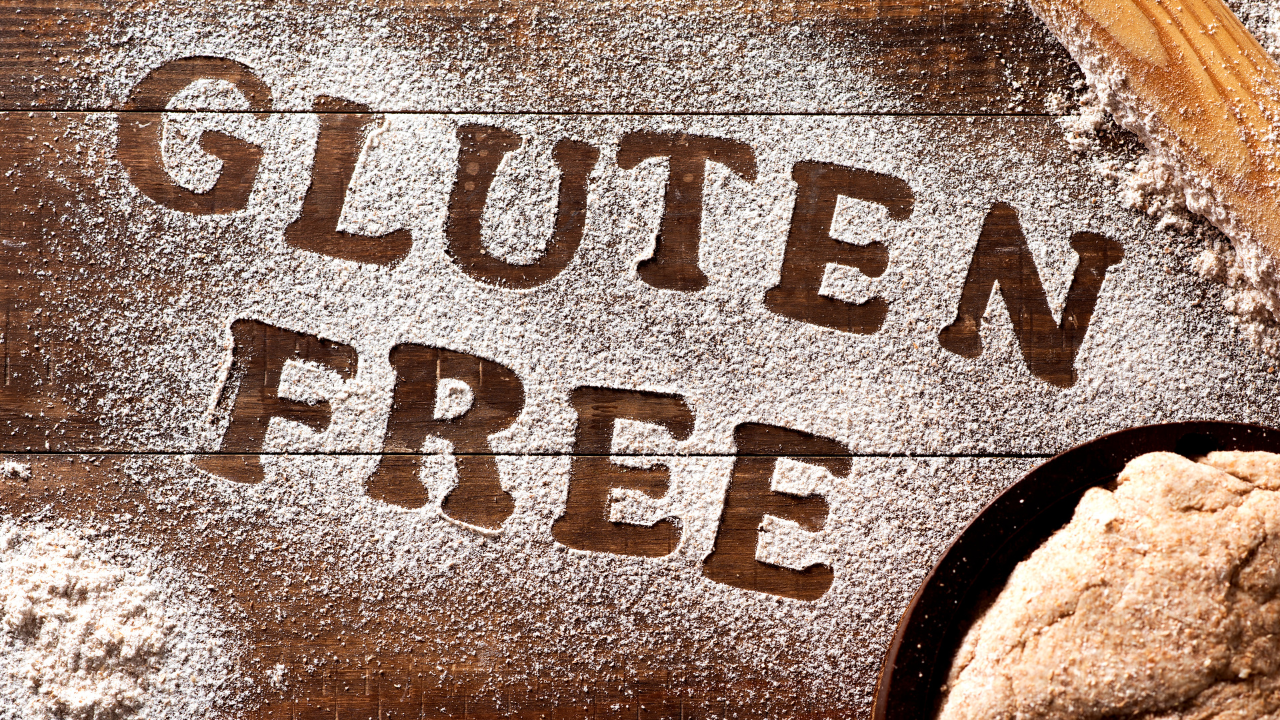Better Understand Coeliac Disease
Jun 13, 2025
This Week is Coeliac Awareness Week
What is Coeliac Disease?
Coeliac disease is an immune mediated condition that can develop at any age, not just in childhood or adolescence. In people with coeliac disease, exposure to gluten (the major protein found in varieties of wheat, rye, and barley) results in inflammation of the small intestine and flattening of the villi. Villi are small finger-like structures in the small intestine that play a crucial role in absorbing nutrients from food. When inflammation and flattening occur (after consumption of gluten in people with coeliac disease) the absorption of nutrients such as iron, folic acid, calcium, and fat-soluble vitamins is impaired.
As we mentioned, gluten is a protein found in wheat, rye, and barley, so it shows up in everyday foods like bread, pasta, cereals, flour, soy sauce, and plenty of packaged products. For those with coeliac disease, the only treatment is a strict gluten-free diet. Even tiny traces of gluten - like crumbs left in a toaster or a shared knife used on regular toast can cause damage to the small intestine and lead to ongoing symptoms.
What are the Symptoms of Coeliac Disease?
The most well-known symptoms of coeliac disease are:
- Diarrhoea
- Bloating and distension
- Abdominal pain and discomfort,
- Vomiting
- Constipation
But it doesn’t stop there. Many people also experience:
- Fatigue
- Unexplained weight loss
- Brain fog
- Micronutrient deficiencies
Less commonly recognised symptoms include:
- Rashes or dermatitis herpetiformis
- Recurring mouth ulcers
Interestingly, some people with coeliac disease have no obvious symptoms.
The Importance of Getting Tested
If you're experiencing digestive symptoms, or other signs like fatigue, brain fog, or skin issues - it's important to visit your GP and get tested for coeliac disease before making any dietary changes. We can’t stress this enough: do not cut out gluten before getting screened. Coeliac disease can only be diagnosed accurately while you’re still eating gluten regularly. If you do have coeliacdisease, following a strict gluten-free diet is essential, not only to relieve symptoms but to reduce the risk of long-term health problems such as osteoporosis and infertility.
It’s tempting to remove gluten, we are commonly told that gluten is the issue for common problems like bloating or diarrhoea, but these issues can be caused by other conditions such as a wheat allergy, non-coeliac gluten sensitivity (NCGS), irritable bowel syndrome, and FODMAP intolerance. These issues may look similar, but they have different causes and require different management strategies, so you need to know exactly what you’redealing with. An example of this: both coeliac disease and NCGS may involve gluten-free diets, but people with coeliac disease must avoid even the tiniest traces of gluten, whereas those with NCGS might be able to tolerate small amounts without long-term harm.
Isn’t going gluten-free healthier for everyone?
This is a common misconception, we see this often. Gluten-free diets have gained popularity over the years, often marketed as a healthier choice. But unless you have coeliac disease, non-coeliac gluten sensitivity, or a wheat allergy, there’s no strong evidence that cutting gluten provides health benefits, and in many cases, it may do more harm than good. Gluten-containing foods are nutritious and contain a range of important nutrients such as fibres, B vitamins, zinc, and magnesium
3 Tips for Living Well with Coeliac Disease
-
Use toaster bags to avoid cross-contamination - even a few crumbs of gluten can trigger symptoms. Toaster bags are a simple solution, just pop your gluten-free bread into the bag before toasting. It keeps your toast free from gluten-containing crumbs, and can be super helpful in situations where using the toaster would otherwise not be an option e.g., at work or in a flat.
-
The WINZ benefit: did you know that people with coeliac disease in NZ may be eligible for financial support through Work and Income (WINZ). The Disability Allowance is a weekly payment for people who have regular, ongoing costs due to a disability. If you have coeliac disease, you may be able to receive an allowance to assist with the cost of gluten-free foods. This is income tested, and you'll need a Doctor's letter to confirm diagnosis and a letter from a Dietitian.
-
Try brown rice flakes as an oat substitute: oats are a common breakfast choice, Millie, who is helping us out with Social Media recommends brown rice flakes as an alternative. They're naturally gluten-free, cook quickly, and make a warm, satisfying porridge.
Join our Mailing List for Bi-weekly Content Straight to Your Inbox
